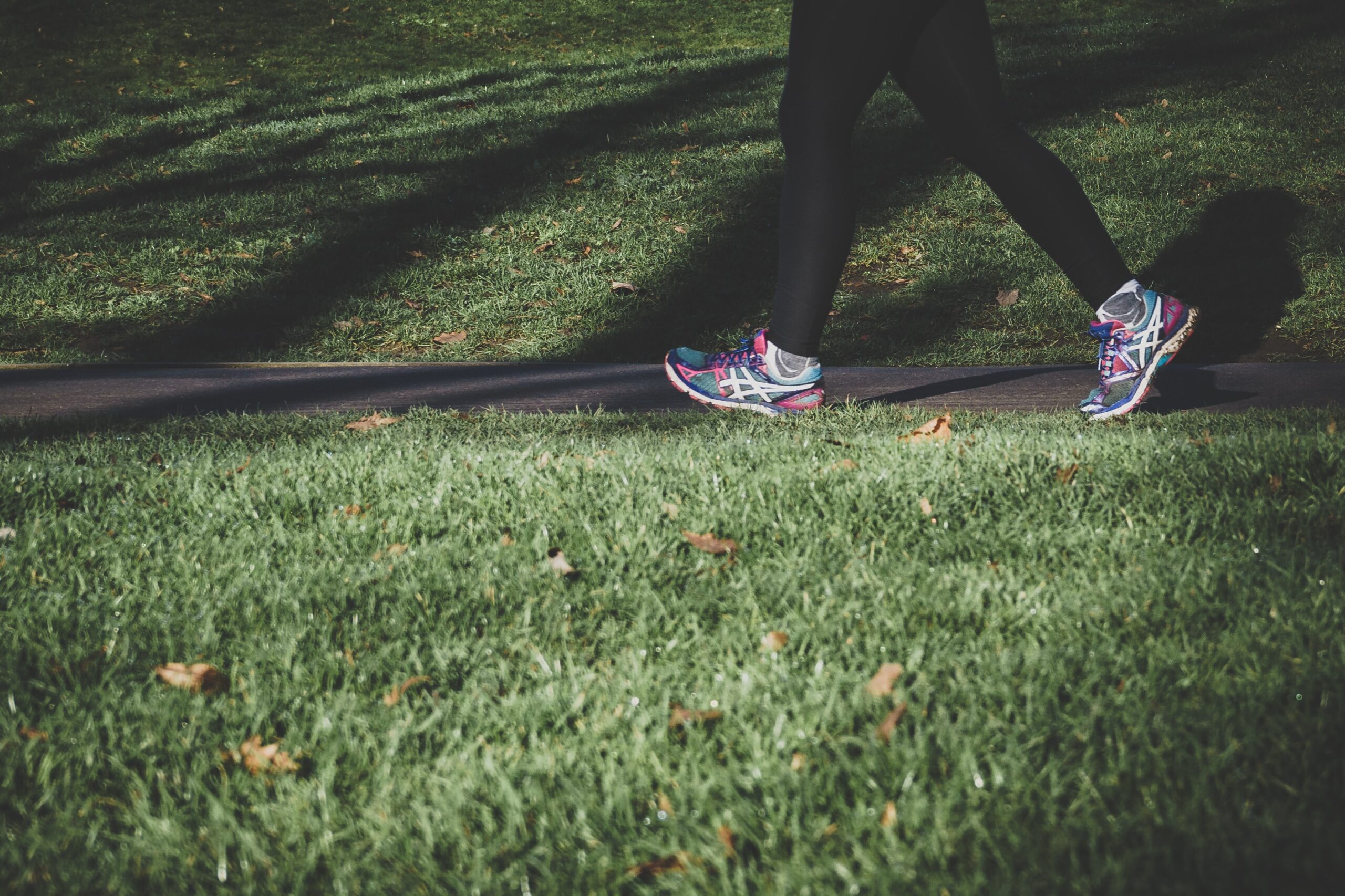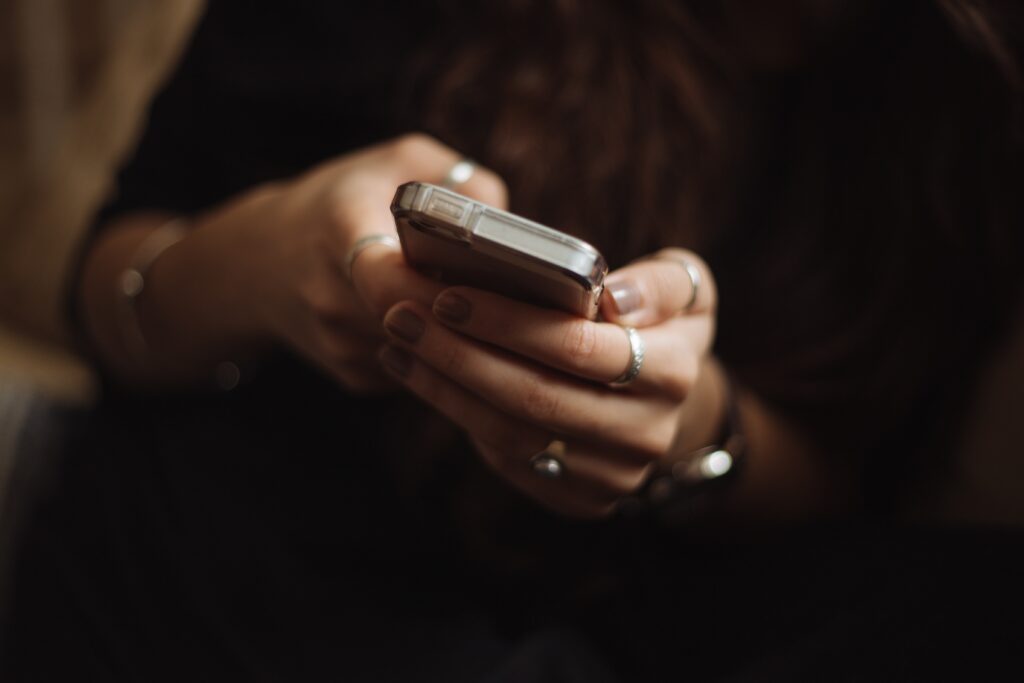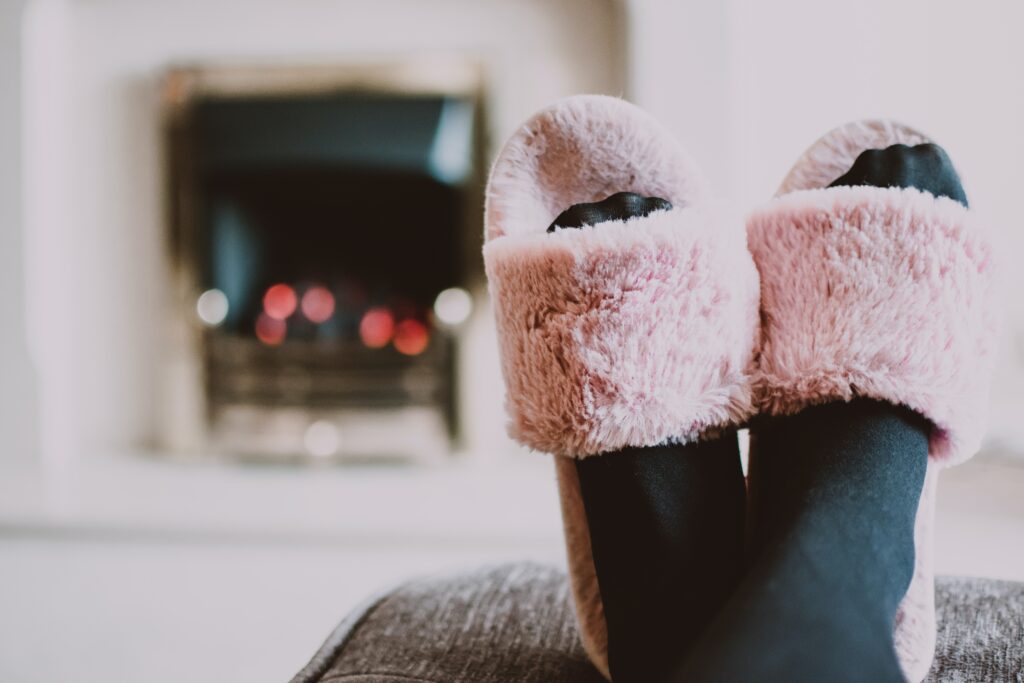Posted January 20th 2021
This January is going to be more challenging than usual for us all so what can we do to help protect our mental health?
As we face the prospect of further lockdowns, worrying news stories and darker evenings, there are a few simple things we can all try to do to ensure we keep our mental health and well-being a priority.
Getting outdoors
Whether it is a five-minute walk around the block, a jog in the park or a long hike with the dog, getting outside for a breather really can improve your well-being.
Fresh air, sunlight and being amongst nature when you can, even if only for a short time, will help clear your head and lift your mood.

Being outside increases our oxygen and vitamin D levels which help our bodies produce more serotonin (the happy hormone).
After spending time outside, you are more likely to come back indoors feeling brighter, with greater brain concentration for work and with a refreshed and happier mind.
Stepping away from the screen
The past year, we have all spent a lot more time using technology and staring at our screens. It can be particularly difficult to switch off in the evening and this can have an impact on how well we sleep.
A good night’s sleep is really important to ensure we are able to face each day with a positive mindset and feel our best.
Try to avoid using your phone in bed if you can. Blue light emitted from our screens restrains our brain from producing melatonin, the hormone that controls your sleep-wake cycle.
This makes it even more difficult to fall asleep and wake up the next day.

However, there are many useful calming apps which might be helpful to aid sleep.
Some encourage mindfulness and relaxation, such as Headspace and Insight Timer. So if you are using electronic devices in the evening try switching to applications that can aid sleep before bedtime.
It is OK to feel a little overwhelmed by always being plugged in but making a conscious effort to limit news intake, leaving our phones in another room, muting your notifications in the evening or even popping your mobile on flight mode for a while can give our minds a much-needed break.
Find what sparks joy
Being kind to your mind means you make time for things that help you to feel happy, challenged or fulfilled, every day if you can.
It could be listening to your favourite album, revisiting a much-loved film or TV series, rediscovering an old hobby or losing yourself in a new book.

You don’t need to learn a new language, bake banana bread or force yourself to do something you feel you should be doing with your time, just because everyone else seems to be.
It can be difficult with work, childcare commitments and life pressures to diarise a moment for yourself but carving out some time, even if only for half an hour, to do something just for you each day will really benefit your mood and well-being.
Make your happiness a priority because you really deserve it.
Be kind to yourself
Self-care can look like a gentle stretch, five deep breaths, consciously relaxing your shoulders or a big glass of water.
It can also be trying to just focus on the day in front of you, rather than thinking about what may be happening in the next month or year.
During periods of uncertainty, it is normal to worry about the outcome. There is uncertainty surrounding the coronavirus (COVID-19) outbreak, particularly considering that the situation is constantly developing.
The relentless news stories, worry about the unknown, or concerns about the physical health of loved ones or ourselves are things we may be experiencing right now. These kinds of worries, whilst unpleasant, are normal.
Try to get into a comfortable routine you can live in; waking up at the same time, getting showered and dressed and eating a good breakfast.
This will also help when beginning your working day.
If you are working in your main living space, trying setting up your workstation and putting it away each day to simulate the feeling of finishing work and leaving the office.
Be sure to move around regularly in the day, stretch and aim to create a boundary between work and home life.
Establishing a routine, looking after our bodies by moving them regularly, keeping hydrated and being kind to ourselves can help the mind focus on what we can control, rather than what we cannot.
It’s OK to not be OK
Make an effort to stay connected to the people you care about. Keeping in touch with friends and family can help you to get perspective and avoid feelings of isolation.
Human contact, whether in person, over the phone, through Zoom quizzes or virtual catch-ups with our loved ones can help us feel better.
Talking to someone you trust about how you feel can be helpful and may make it easier for you to talk to a medical professional.

Do not be afraid to ask for help by making an appointment with your GP if you feel you need to.
There are lots of different treatments available that may help you feel better. Remember it’s OK to talk and share how you feel, particularly if you are struggling.
From all at NCMH, we wish you a better and brighter 2021.
Resources
We have produced resources on where and how to access help if you need it. For more information, please visit our Resources page
Support
- Samaritans
Available 24 hours a day to provide confidential emotional support for people experiencing feelings of distress and finding it difficult to cope. - Mind
Information and support along with downloadable leaflets and real people’s stories. Search ‘depression’ from the homepage. - Hafal
A charity which supports people with mental health problems in Wales– with a special emphasis on those with a serious mental illness – and their carers and families. - C.A.L.L. Mental Health Helpline for Wales
Free confidential listening and emotional support service, information and literature on mental health and related matters for people in Wales.
Anyone concerned about their own mental health or that of a friend or relative can access the 24/7 service. Freephone 0800 132 737 or text 81066

